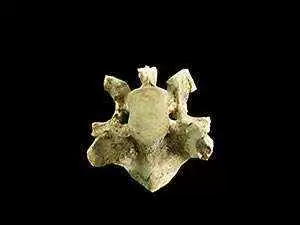Celiac.com 04/27/2006 - Because recent studies may have underestimated the association of celiac disease with fracture by studying patients with low fracture risk, doctors recently conducted a more comprehensive survey of celiac and non-celiac patients.
Celiac.com Sponsor (A12):
Their study of post-menopausal women over age 50 concluded that women diagnosed with celiac disease face an increased risk of fracture over time compared with control groups. The study looked at non-spinal fracture risk associated with celiac patients and non-celiac control groups in relation to the time-periods before and after the diagnosis of celiac disease.
According to the study, Celiac patients displayed greater fracture prevalence (odds ratio [OR], 1.51), confidence interval [CI], 1.13:2.02) and fracture after 50 years (OR, 2.20; CI, 1.49:3.25). The study compared Three hundred and eighty-three female celiac patients with 445 female controls, all over 50 years old. The mean age of celiacs tested was 61.4-67.8 years, and 62.7-69.9 years in controls. The celiac patients generally weighed less than the control patients of the same height.
Among celiac patients diagnosed after age 50, no excess fracture risk was found in the period more than 10 years before diagnosis, but risk increased in the period from 10 years before diagnosis to 5 years after and remained high more than 5 years after diagnosis (p
Adjusted for height and weight, instance of wrist fracture between the groups was about the same, but celiacs did have more multiple fractures (OR, 2.96; CI, 1.81:4.83). Further, while women diagnosed before age fifty, showed no excess fracture risk, those celiac patients more than five years beyond their diagnosis faced increased risk of wrist fractures ( p
While women diagnosed with celiac disease before age 50 faced no greater risk than their non-celiac peers, for those diagnosed after age fifty, the risk of fracture increases as the years pass, with the greatest statistical increase occurring five to ten years after a diagnosis.
Accordingly, thin women over 50 who suffer from multiple fractures should consider being tested for celiac disease. If the diagnosis is positive, they should take measures to ensure proper calcium and vitamin D intake.








Recommended Comments